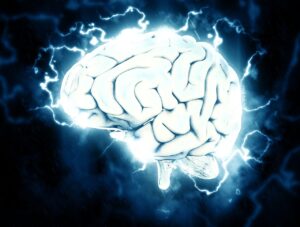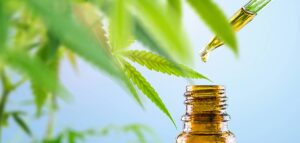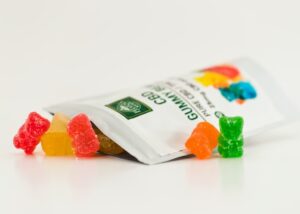What’s the big deal about third-party testing of CBD?

- Sunrise CBD
- August 26, 2019
You may have seen some CBD products that show on the label that they have been tested by an “independent, third-party lab.” Did you wonder “What’s the big deal about third-party testing of CBD? Aren’t all CBD products tested for quality?”
The short answer is no. The longer answer is that as CBD sales boom and as many people discover the benefits of this natural plant extract, more people want to cash in. But CBD is not yet regulated by the FDA, and unscrupulous merchants sell inferior products simply because they can. They can put a pretty label on their products and make any claims they want because there’s no professional, legal or regulatory oversight. So, several things can happen:
- The hemp plants might be grown in a place where the ground contains heavy metals and foreign substances.
- There may be less or more CBD than listed on the label. That means you may not get the results you’re looking for because you’re not getting the amount of CBD you think you are.
- There may be more than the allowable amount of THC than indicated on the label. That will affect the way you feel and may cause you to fail a drug test.
- Finally, there may be harmful chemicals or contaminants present in the product.
The FDA Doesn’t Regulate CBD
The FDA has taken some steps to prevent companies from producing and selling low-quality or deceptive products and making false claims. However, so far, there’s no nationwide FDA standards for CBD, so it’s up to the industry to regulate itself. Unfortunately, not everyone will do that. In fact, one study found that of 84 products from 31 companies tested, only about 31% of tested products contained the amount of CBD shown on the label. Almost 43 percent had more CBD than stated and 26 percent had less. That means some 70% of products do not contain the strength of CBD shown on the label.
In another case, an NBC affiliate in Miami bought 35 CBD products from seven different companies and had them tested. The results? Twenty of the samples had less than half of the amount of CBD advertised on the label. Some samples had no CBD at all.
And Fox LA teamed up with Doctor Oz to test more than a dozen CBD products purchased locally. They found one product was contaminated with a deadly strain of E. Coli bacteria. In addition, two samples contained potentially dangerous levels of ethanol and five samples had no detectable traces of CBD. Only one of the products actually contained what was claimed in its label. Some gel capsules had almost 3 milligrams of THC per capsule – enough to get an adult high.
Third-Party Testing of CBD is Important
So, what’s a consumer to do? Buy only products tested by an independent, third-party lab; it’s the only way to really know what’s you’re getting in that bottle of CBD oil or those CBD capsules. An independent, third-party lab is used so that the product can be tested and certified by a neutral, unbiased source. The labs can test cannabinoid levels (CBD and THC), and look for traces of heavy metals, pesticides, and solvents that could be dangerous to your health.

Trustworthy, quality CBD manufacturers want you to know what you’re buying, and they’ll not only have their products tested by a third party, which adds to their costs, they’ll also provide the lab results on their website where they can be easily seen.
So, To sum it all up, here’s what you should look for when you buy CBD products:
Tested
Look for the results from an independent, third-party lab.
Organically grown
Look for a product that contains organically grown hemp, when buying CBD. It should come from the United States, especially Colorado, which is where many believe the best hemp is produced. When you buy in the US, you know you are buying a product that’s been manufactured using good manufacturing practices.
No THC
The industry and legal standard for CBD products labeled “THC-free” is that the product contains less than 0.3% THC by weight, or up to 3 parts of THC for every thousand parts of oil by weight. Make sure the product you buy is less that 0.3% THC by weight.
The amount of CBD
Consider the concentration of CBD in the bottle. If you get a 300mg bottle of CBD oil that holds 4 oz., you’re getting about 75mg per ounce, which is less than the amount you need to realize any benefits. Or, look at the servings. A 300mg, 1 oz., bottle, with 60 servings has only about 5mg of CBD. We recommend a minimum of 25mg per day to start, so you can see 5mg isn’t enough to get the most benefit from the product. A higher concentration may cost more, but you’ll be using less.
Sunrise CBD uses hemp organically grown in Colorado and is lab-tested by an outside third-party that verifies the content of each batch, so we can guarantee the products you receive are free of contaminants such as pesticides, heavy metals, residual solvents, and bacteria, and contain no THC. Test results can be found under our main menu, as well as on every product page. You can shop for our products at sunrisecbd.com/shop.




3 Responses
Thanks for sharing useful information.
Thanks for sharing information. keep sharing
We are happy to be helpful!